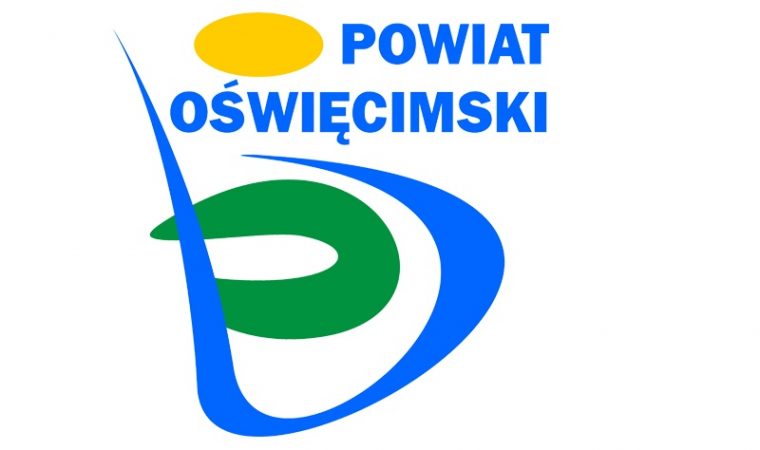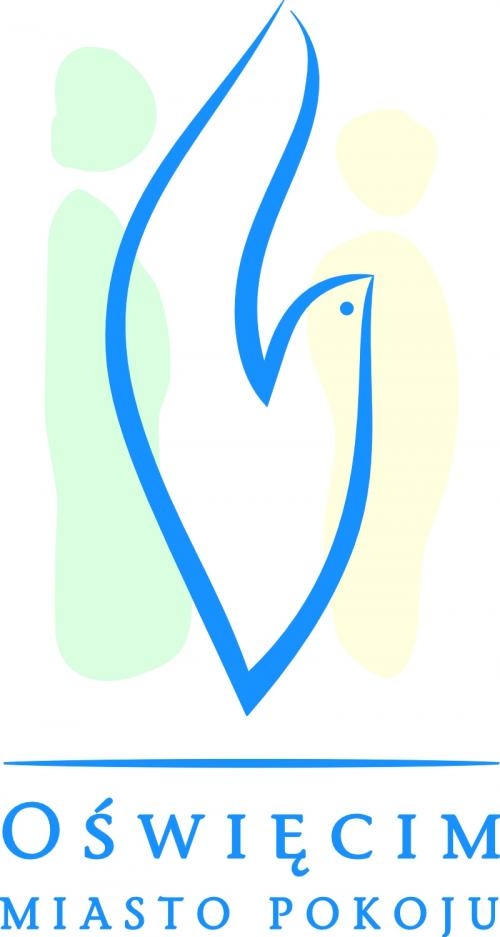The SPS Agreement, also known as the Agreement on the Application of Sanitary and Phytosanitary Measures, is one of the agreements administered by the World Trade Organization (WTO). The agreement aims to protect human, animal, and plant health while ensuring fair trade between nations.
The SPS Agreement sets guidelines and standards for the measures used to protect human, animal, and plant health. These measures include quarantine, inspection, testing, and certification procedures. The agreement also outlines the requirements for risk analysis, scientific evidence, and transparency in the application of these measures.
One of the main objectives of the SPS Agreement is to prevent the use of sanitary and phytosanitary measures as a means of protectionism or trade barriers. It ensures that the measures used to protect health are based on scientific evidence and are necessary to achieve the level of protection required.
The SPS Agreement has been the subject of controversy and disputes between WTO members. Some countries have argued that certain measures used by other countries are unnecessary and have been implemented as a means of protectionism. Disputes have also arisen over the level of protection required and the scientific evidence used to support the measures.
In recent years, the SPS Agreement has become more important in international trade negotiations. The COVID-19 pandemic has highlighted the importance of sanitary measures and the need for international cooperation in protecting public health.
The SPS Agreement is an important tool for maintaining a balance between trade and public health. It ensures that sanitary and phytosanitary measures are based on scientific evidence and are necessary to protect human, animal, and plant health. As international trade continues to grow, the SPS Agreement will continue to play a critical role in maintaining fair and safe trade practices.


